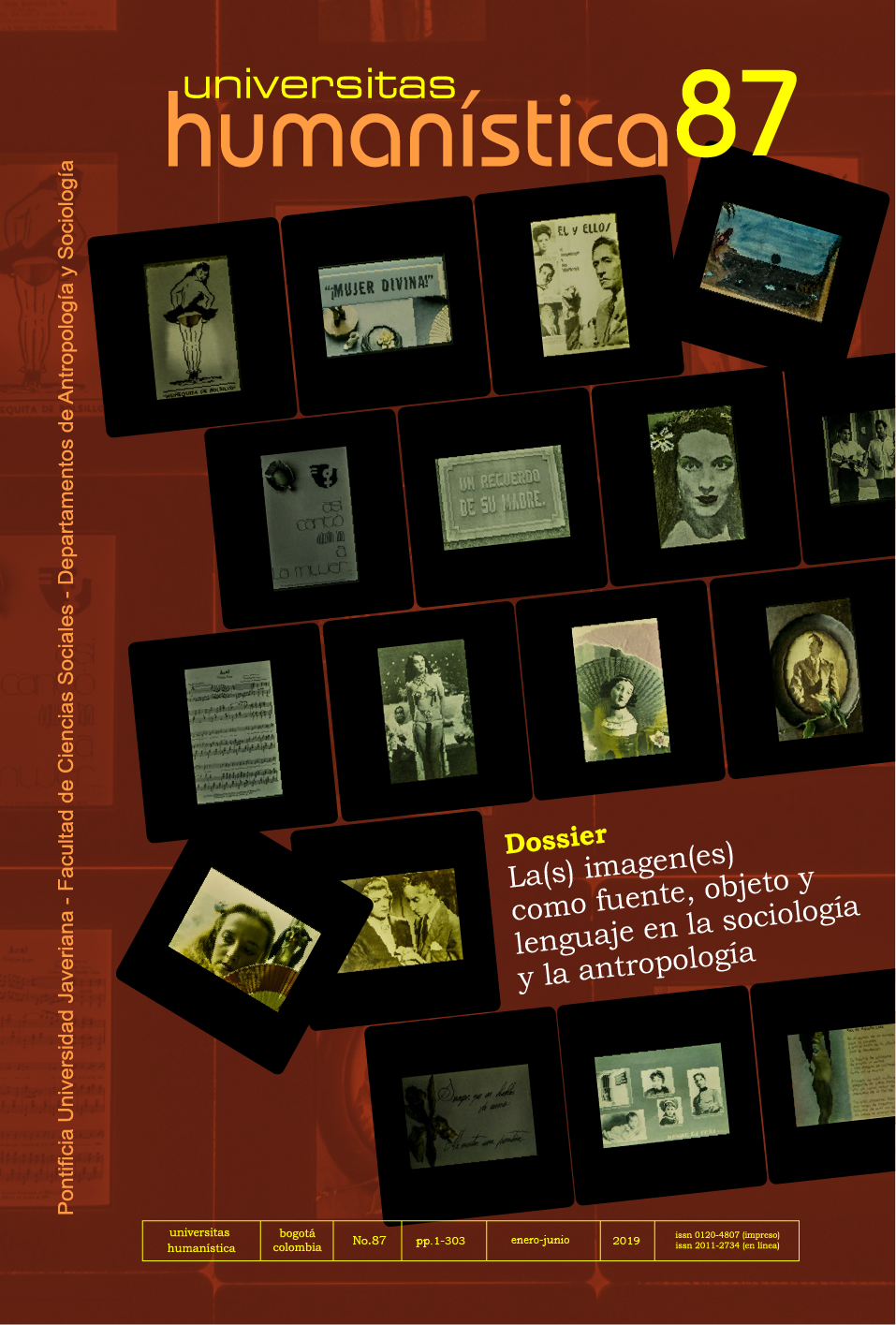Abstract
This article examines the images of Spain in foreign fiction films. With places like Barcelona, Madrid, Andalusia and the Mediterranean coast, these films portray a modern, prosperous and culturally homogeneous country; Inland Spain and the Atlantic region are left out in this depiction, as well as their cultural diversity and identity tensions. The Anglo-Saxon, European and Asian films emphasize in their tourist appeal, the blend of tradition and modernity and stereotypes such as bullfighting, flamenco or the festive, proud and passionate character of the Spaniards; Meanwhile, Latin American films focus on labor and the affective relationships between Spaniards and Latinos. The optics complement each other: Anglo-Saxons, Europeans and Asians project a gaze comparable to that of tourists from rich countries while Latin Americans adopt the perspective of immigrants from poor countries. Both optics help illuminate the foreign perceptions of the Spaniards and the Latin American motherland imaginary.

This journal provides immediate open access to its content on the principle that making research freely available to the public, encourages greater global exchange of knowledge.
The journal Universitas Humanística is registered under a Creative Commons Attribution 4.0 International Public License. Thus, this work may be reproduced, distributed, and publicly shared in digital format, as long as the names of the authors and Pontificia Universidad Javeriana are acknowledged. Others are allowed to quote, adapt, transform, auto-archive, republish, and create based on this material, for any purpose (even commercial ones), provided the authorship is duly acknowledged, a link to the original work is provided, and it is specified if changes have been made. Pontificia Universidad Javeriana does not hold the rights of published works and the authors are solely responsible for the contents of their works; they keep the moral, intellectual, privacy, and publicity rights.
Approving the intervention of the work (review, copy-editing, translation, layout) and the following outreach, are granted through an use license and not through an assignment of rights. This means the journal and Pontificia Universidad Javeriana cannot be held responsible for any ethical malpractice by the authors. As a consequence of the protection granted by the use license, the journal is not required to publish recantations or modify information already published, unless the errata stems from the editorial management process. Publishing contents in this journal does not generate royalties for contributors.


